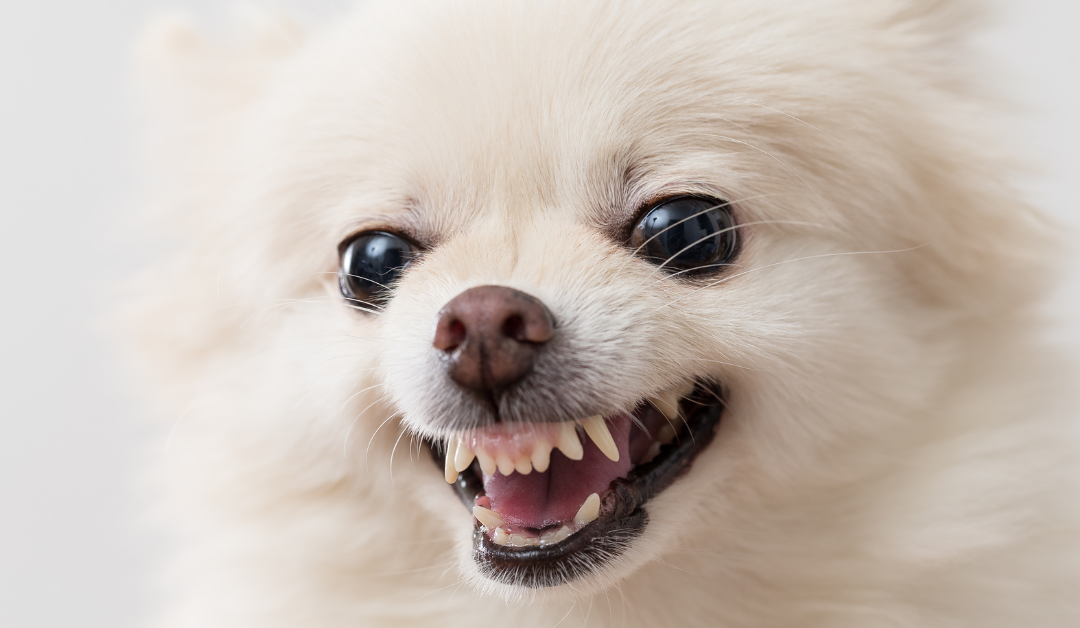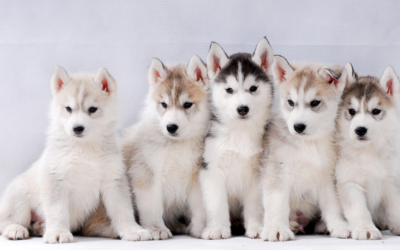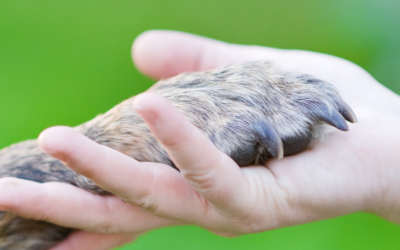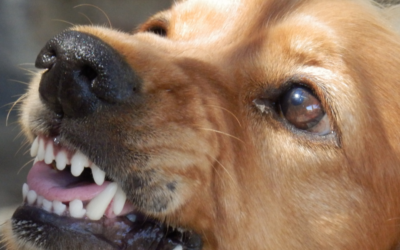Why Does My Dog Growl At Other Dogs?
Why Does My dog growl at other dogs?
Growling can appear to be an aggressive behaviour that may be upsetting and even embarrassing for dog owners, especially when our pets are doing it towards other dogs. Dogs communicate by growling, but it’s important to know why they do it and how to respond to it. We’ll examine some of the causes of dogs growling at other dogs in this article, along with some useful management and preventative techniques that you could use.
Canine Communication
Before we go into the reasons for dogs growling at other dogs, it’s important to know how dogs communicate. Dogs use a combination of behaviour, vocalisations, and body language to communicate. Growling is merely one way to communicate, and it can convey a variety of feelings, such as hostility, fear, worry, or discomfort. To effectively decipher your dog’s growling, you must be aware of both the situation and your dog’s body language.
Anxiety and Fear
Dogs often growl at other dogs out of fear or nervousness. In some circumstances, such as meeting new dogs or being in crowded areas, dogs can feel intimidated or overwhelmed. When this happens, their way of showing uneasiness and trying to get away from potential predators is to growl. Reduce fear and anxiety-related growling in your dog by advocating for them, being aware of their triggers and introducing them to controlled socialisation gradually.
Resource Guarding
When dogs growl or act aggressively to defend their belongings—like food, toys, or territory—from imagined enemies, it’s known as resource guarding. Resource-guarding dogs may snarl at other dogs or people in order to set boundaries or claim ownership of precious resources. De-sensitisation and counter-conditioning are two training and behaviour modification strategies that can help manage resource guarding and encourage more harmonious relationships.
Lack of Socialisation
Anger and snarling directed at other dogs might be caused by improper socialisation during the puppy years. When faced with unknown settings, dogs who haven’t been introduced to a variety of people, animals, and environments may get uncomfortable or insecure, which can result in protective behaviours like growling. Positive interactions with other canines and early socialisation are essential for building confidence and minimising fear-based aggressiveness in later life.
Soreness or Discomfort
Dogs may growl at other dogs or people due to internal health problems or physical distress. Aggression and defensive behaviour can be made worse by painful illnesses like arthritis, injuries, or dental issues, especially when other dogs approach. It’s critical to discuss pain management as part of a thorough behaviour modification strategy and to rule out any medical concerns by speaking with a vet.
Insufficient Training and Boundaries
Sometimes, since they are not properly trained or have a lack of respect for boundaries, dogs will snarl at other dogs. Dogs who don’t receive constant and clear direction from their owners may start acting inappropriately, which includes being aggressive towards other dogs. Dogs can interact harmoniously when they are trained using a range of techniques, follow defined rules and boundaries, and get structured obedience training.
In Conclusion
To properly manage your dog’s growling behaviour towards other dogs, you must first understand why your dog does so. You can train your dog to be a self-assured and well-mannered social companion with time, effort, and the advice of a trained specialist.
You May Also Like…
How To Find The Right Dog Trainer
How To find the right dog trainerChoosing the perfect dog trainer is crucial for the happiness of your dog and your...
Leadership & Relationship
how can i be my dog's leader and develop a great relationship?Leadership is recognising and honouring the fact that...
Dog Aggression
Why would my dog become aggressive?When you identify aggression in your dog the first thing that you should do is...




